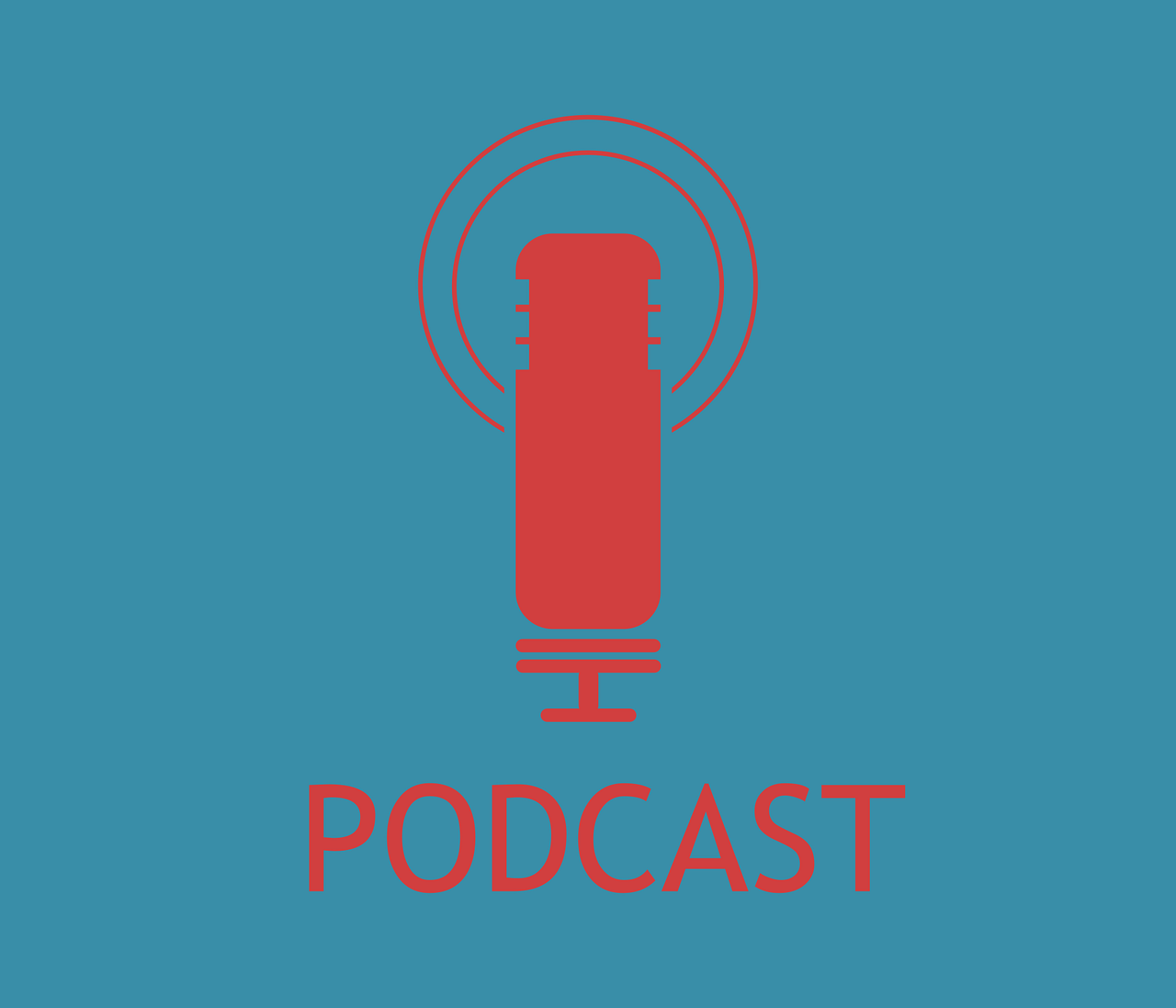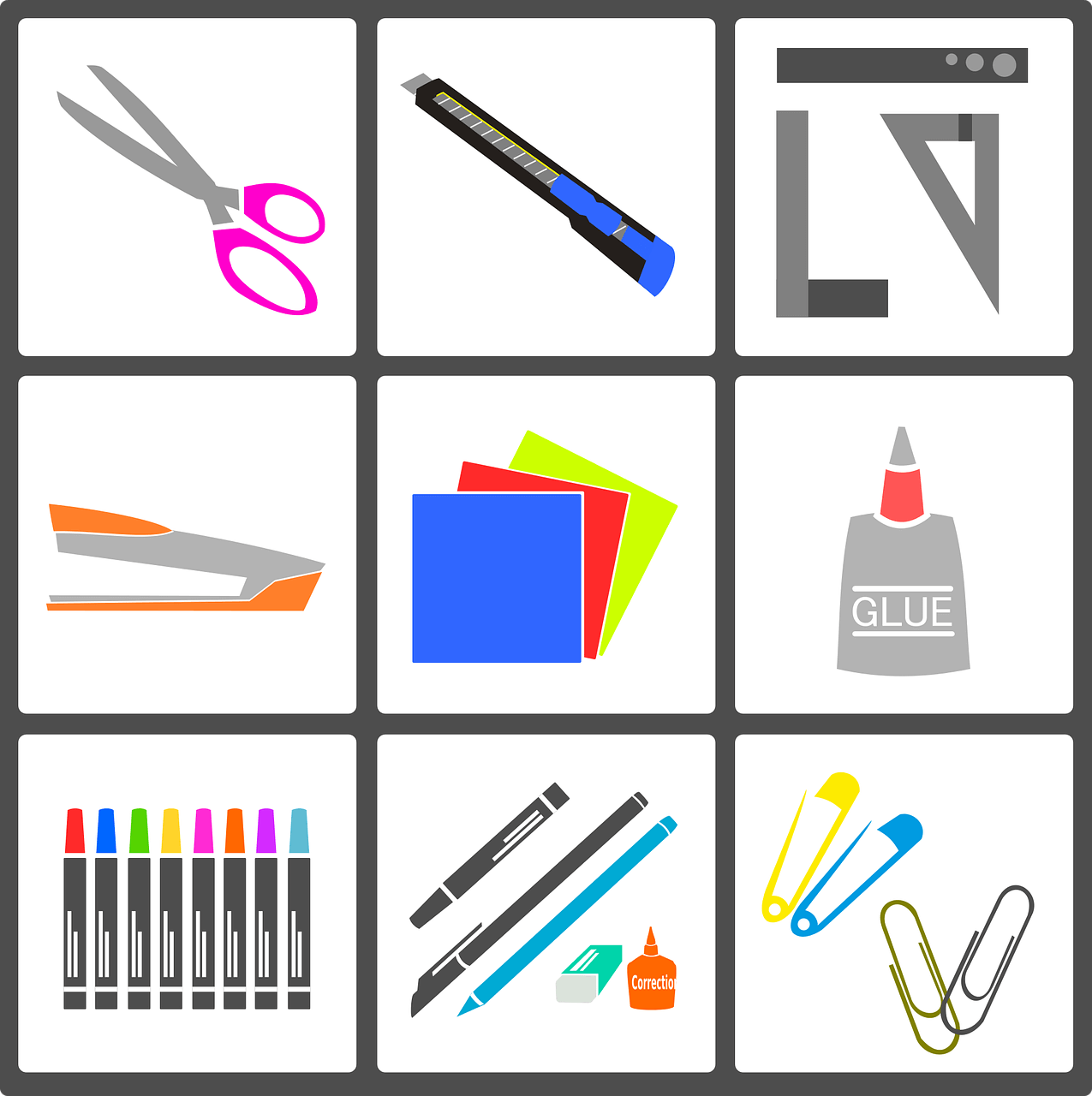Do you want to start a podcast and monetize it? everything you need to guide you is covered in this article.
Podcasting has surged in popularity, offering content creators numerous ways to earn money. The great news is that you can create podcasts about topics you love. Building a successful podcast takes dedication and hard work; the process is straightforward.
Starting a podcast can be enjoyable, engaging, and potentially lucrative, whether you approach it as a hobby, a side hustle, or a full-fledged business.
What is Podcasting?
Podcasting is about making and sharing audio content online. These audio programs, called podcasts, can be about anything from TV shows and digital art to camping. Podcasts, like interviews, storytelling, or expert talks, come in different styles.
The word “podcast” blends ‘iPod’ and ‘broadcast,’ but you can listen to them on many devices, not just iPods. Podcasts are usually shared through RSS feeds, letting listeners subscribe and automatically get new episodes.
Podcasts cover many topics, including news, entertainment, education, technology, business, health, and stories. Anyone can begin a podcast using a microphone, recording software, and a hosting platform.
READ ALSO: How to Make Money with Print on Demand 2024 Guide
How to Start a Podcast: 7-Step Guide
1. Choose Your Niche or Topic
Select a specific topic to focus your content and attract a loyal audience. Pick something broad for multiple episodes but narrow enough to appeal to a particular group—research similar podcasts to understand your competition and find a unique angle for your show.
2. Decide on Your Format and Schedule
Decide if your podcast will be solo, co-hosted, or include guest interviews. Plan how often you will release new episodes—daily, weekly, or biweekly—and stick to this schedule to build trust with your listeners.
3. Identify Your Audience
Think about who your ideal listener is. Consider their age, location, job, media habits, and interests. Understanding your audience enables you to produce content that is both interesting and pertinent to them.
4. Build Your Brand and Online Presence
Select a catchy name for your podcast and create eye-catching cover art and intro/outro music. Consider hiring professionals for design and audio work. Set up a website or a podcast hosting service to share your episodes via an RSS feed. Submit your podcast to directories like Apple, Spotify, and Google Podcasts.
5. Get Recording Equipment and Editing Software
Buy a good microphone for clear sound quality. Use free editing softwares like GarageBand or Audacity, or invest in paid options like Adobe Audition. If you want to avoid editing yourself, consider hiring a freelance editor.
6. Record and Edit Your First Episode
Write a script or outline before recording. Edit your episode for clarity and smoothness. Give each episode a clear, descriptive title to help people find it. Write compelling descriptions of your show and its episodes to attract listeners.
7. Promote Your Podcast
Tell people about your podcast through social media, email, and word of mouth. Use platforms like Instagram, Twitter, Facebook, and TikTok to reach more listeners. If you can afford it, think about investing in paid advertisements.
5 Ways to Monetize a Podcast
1. Advertising and Sponsorships
Work with companies to run ads in your episodes, which can be placed at the beginning, middle, or end. Brands pay to reach their listeners. Sponsorships involve partnering with brands related to your podcast, who pay for promotional mentions in your episodes.
2. Affiliate Marketing
Promote products or services relevant to your podcast and earn for each sale made through your referral code.
3. Premium Content and Subscriptions
Offer exclusive or bonus content to subscribers. Use platforms like Patreon or Supercast to manage these premium subscriptions.
4. Donations
Ask your listeners to support your podcast with donations. Platforms like PayPal make it simple for them to contribute.
5. Podcast Network Memberships
Join a podcast network to benefit from shared advertising, cross-promotion, and a larger audience, which can help boost your podcast’s visibility and earnings.
READ ALSO: How to Make Money from Facebook Reels 2024
Reasons For Starting a Podcast
Starting a podcast can offer many benefits, such as:
Building an Audience
Podcasts are a cost-effective way to reach and engage a broad audience, helping you develop a loyal following.
Establishing Credibility
Hosting a podcast can make you a recognized expert in your field, boosting your professional reputation.
Generating Income
You can earn money through sponsorships, ads, or by advertising your products and services through your podcast.
Expanding Your Network
Podcasting connects you with people who share your interests, which can lead to new career or business opportunities.
Enjoying the Process
Podcasting is a fun and rewarding hobby, even if you aim to avoid making money or building a business.
Common Misconceptions About Podcasts
Many people are hesitant to start a podcast due to these common misconceptions:
Needing a Specific Skill Set
All you need is the ability to talk about something you’re passionate about. You don’t have to be an expert.
Requiring Expensive Equipment
You can start with the equipment you already have. There are many free tools and resources to help you begin.
Podcasts Are a Dying Medium
Podcasts are still top-rated and profitable, with major companies investing heavily.
Needing a Large Following
You don’t need to be famous to have a successful podcast. Creating content that resonates with listeners can help you grow your audience.
Episodes Must Be Long
There needs to be a fixed length for podcast episodes. Make them as short or long as you and your audience prefer.
Popular Podcasting Platforms
Several popular platforms and apps exist for discovering, subscribing to, and listening to podcasts. Each offers unique features and interfaces, catering to different user preferences and devices. Most are available on multiple operating systems, making it easy to enjoy podcasts on various devices. Here are some well-known podcasting platforms:
1. Apple Podcasts
2. Spotify
3. Google Podcasts
4. Stitcher
5. Podbean
6. Simplecast
7. Spreaker
8. Overcast
9. Podcast Addict
10. Castro
11. Anchor
12. Patreon
Conclusion
Starting a podcast opens up opportunities, from building an audience and establishing credibility to generating income and expanding your network. Despite common misconceptions, podcasting is accessible to anyone passionate about a particular topic or theme.
Effective tactics enable you to produce captivating content, reach a broader audience, and monetize your podcast through advertising, sponsorships, and premium subscriptions. So, whether you’re looking for a new hobby or aiming to grow a business, starting a podcast can be rewarding.







